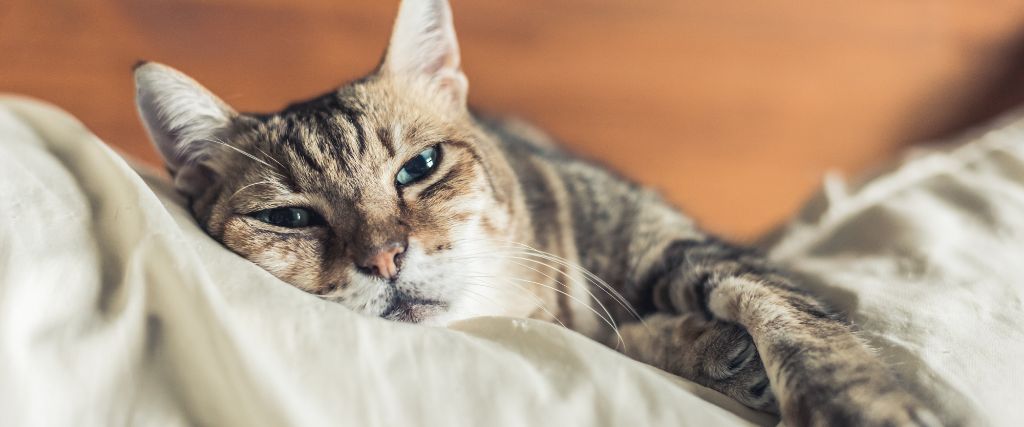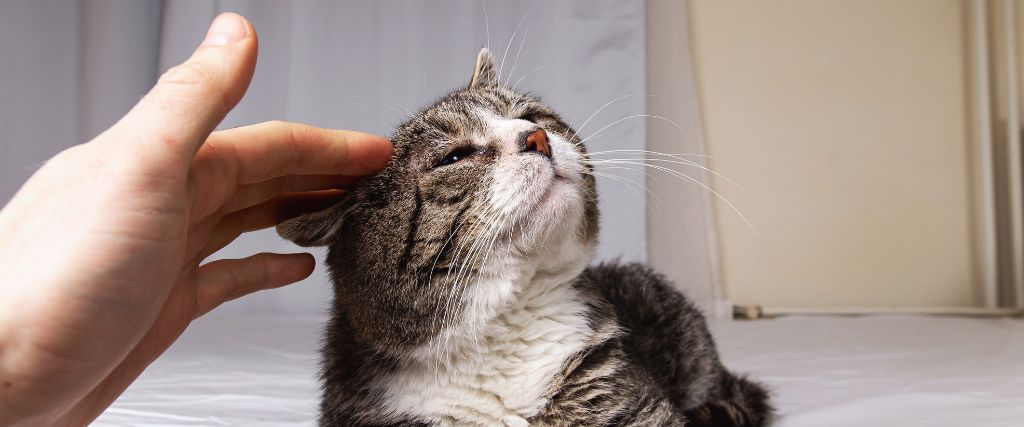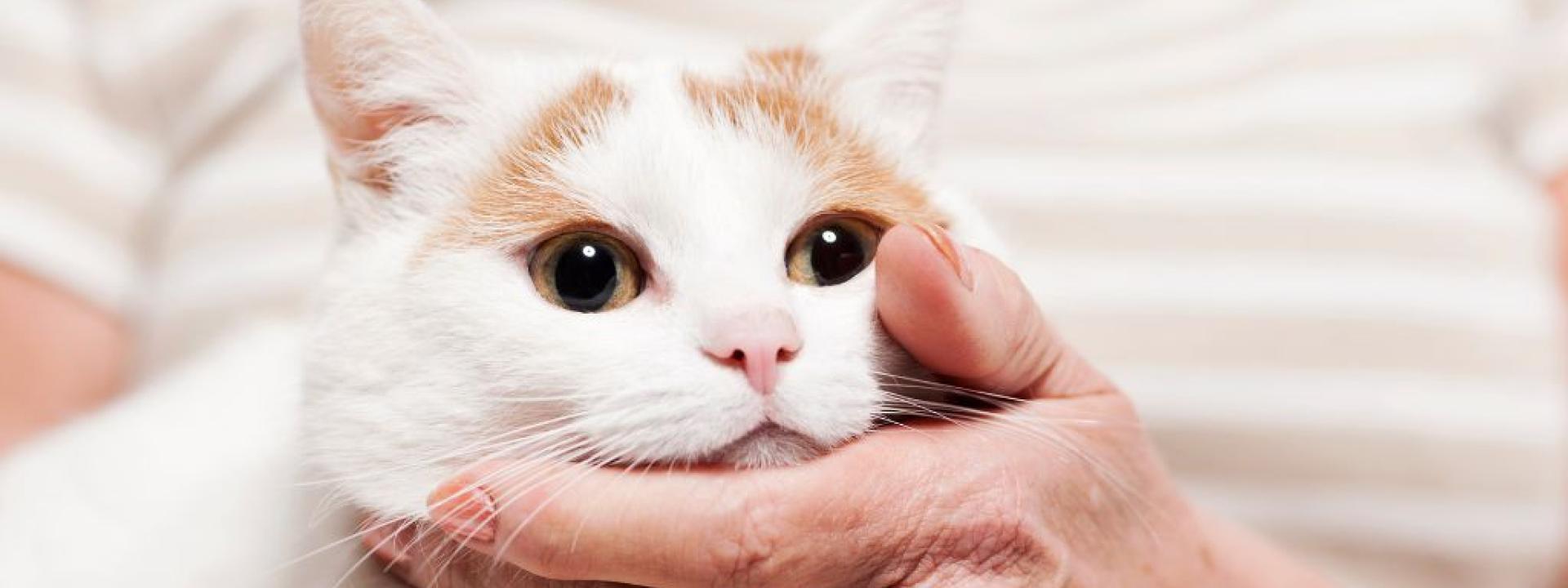Kidney disease (also known as renal disease) is a very common problem in cats. It is mostly older or geriatric cats that are affected, but younger cats can be affected as well. About 1 in 3 geriatric cats have renal disease. One of the most common misconceptions we hear owners say when discussing renal disease is that their pet is urinating, so its kidneys are working just fine. In fact, this is not true. Both cats and dogs will typically lose about 75% of their renal function before they show clinical signs. If your pet is not urinating, it is because the kidneys have stopped making urine. This means that the kidneys have failed and can often not recover.
There Are Two Types Of Renal Disease In Cats: Acute And Chronic.
Acute renal disease can affect cats of all ages. It occurs when your kitty has an acute/sudden injury to their kidneys. Possible causes include trauma, anti-freeze ingestion, toxin ingestion, an infection, etc. Cats that suffer from acute renal disease are often very ill and may stop producing urine. When urine production stops, the prognosis is usually very poor. With acute renal disease, it’s important that it is diagnosed quickly and treatment starts as soon as possible. This helps protect the kidneys and gives your pet a better chance of a full recovery.
Chronic renal disease is more commonly seen in middle age to older cats. It occurs over the course of time as the kidneys stop functioning properly. Cats with chronic renal disease tend to compensate for months to years. Eventually, mild signs of illness and dehydration will occur before full-blown signs of renal disease may be noticed by owners. Chronic renal disease can be an aging change, but can also be caused by other things such as a kidney stone, cancer, polycystic kidney disease, or other conditions.

Symptoms Of Chronic Renal Disease
Early signs of chronic renal disease include increased thirst and larger wet spots of urine in the litter box. Your pet may also lose a subtle amount of weight. Cats with moderate to severe chronic renal disease may show decreased appetite, noticeable weight loss, decreased grooming, vomiting, lethargy, paler gums, bad breath, and noticeably increased thirst and urination.
Early signs of chronic renal disease can sometimes be detected when a veterinarian does a physical exam on your pet. Your veterinarian may notice abnormal kidney size, pain when palpating your cat’s kidneys, or may fine stones in the urinary tract. Another useful diagnostic tool is blood work and an analysis of your pet’s urine. Blood work and a urinalysis will often shed light on how well your cat’s kidneys are functioning.
If your veterinarian discovers that your cat has renal disease, treatment is often initiated. What type of treatment is chosen for your pet depends on how advanced the renal disease is and what the owner is willing to do. Treatment can range from something as simple as changing your cat’s food to giving fluids and other medications at home.

Unless your pet has acute renal disease that is caught early, this is not a curable disease. However, there are steps that can be taken to help make your pet comfortable and give them a good quality of life. Renal disease does not automatically mean your cat has a death sentence. By making sure your pet has annual exams and by doing routine blood work when appropriate, renal disease as well as other diseases can often be caught early. This in turn gives your pet the chance of a better outcome and a longer, healthier life.

